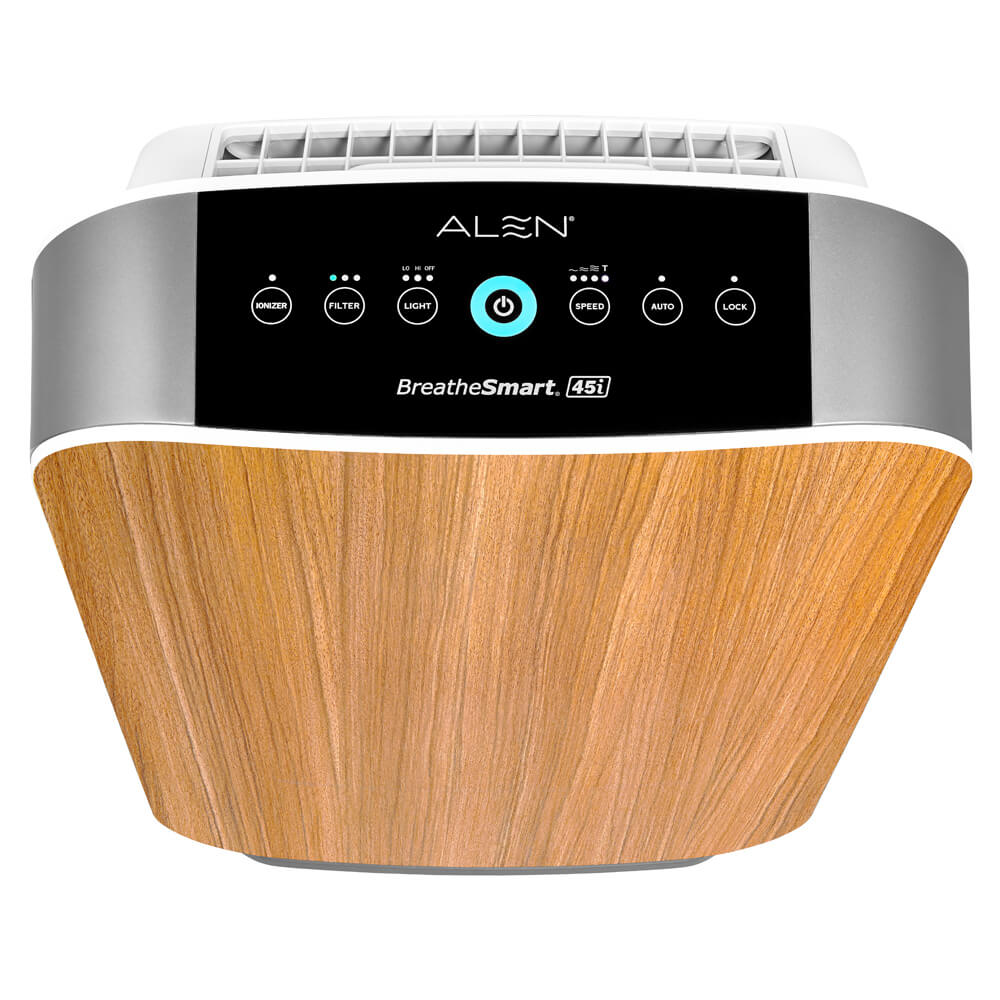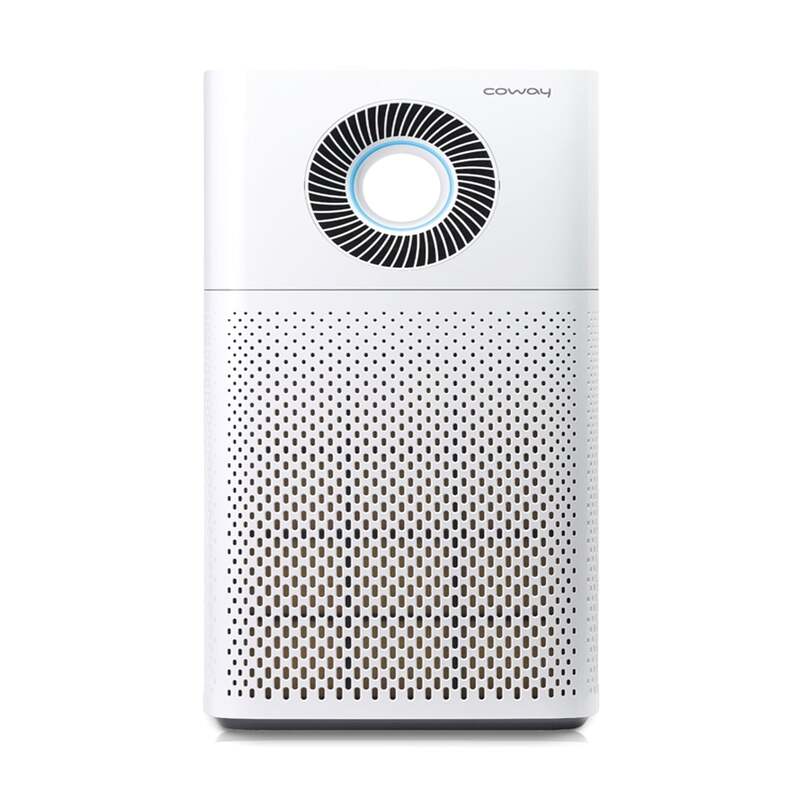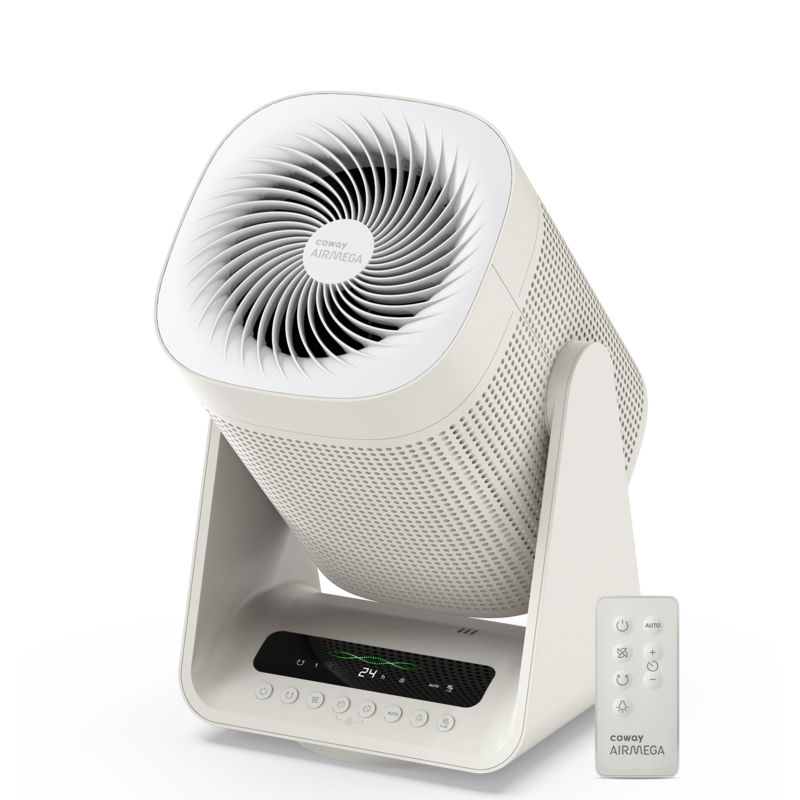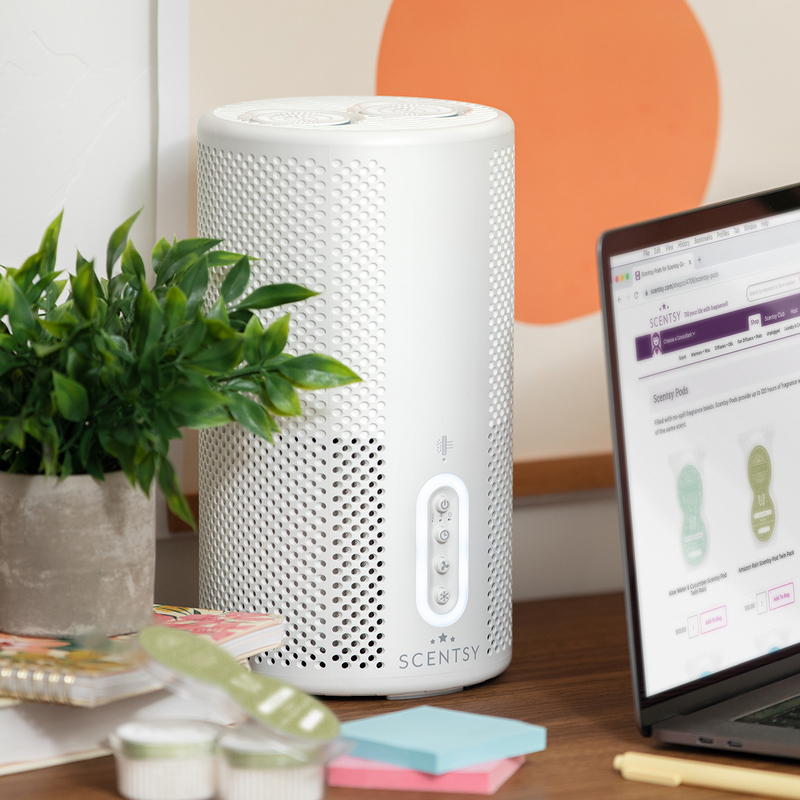Indoor air quality significantly influences health and comfort. In recent years, the attention on air quality has surged. This growing concern stems from increased pollution levels outdoors and indoors. Air purifiers have become essential devices in homes and offices. They serve specific functions that improve air breathing conditions. Understanding the purpose of an air purifier is crucial for making informed choices.
Understanding Air Purifiers
At their core, air purifiers aim to cleanse the air in an enclosed space. They work by filtering out impurities present in the air. Common contaminants include dust, pollen, pet dander, and smoke. Some models also target microbial agents, such as bacteria and viruses. This dual purpose is vital, especially for allergy sufferers and asthmatics.
How Do Air Purifiers Work?
Most air purifiers operate using a few key technologies. These technologies include HEPA filters, activated carbon, and ultraviolet (UV) light. HEPA filters capture particles as small as 0.3 microns effectively. They are highly efficient in trapping allergens. Activated carbon, on the other hand, neutralizes odors and chemicals. It effectively reduces volatile organic compounds (VOCs).
Further, some purifiers use UV light to eliminate germs in the air. This method is effective against bacteria and viruses. Thus, a combination of these technologies maximizes purification effectiveness. Homeowners should evaluate these features when selecting a purifier.
Types of Air Purifiers
Numerous types of air purifiers exist on the market today. Each type serves specific needs. Portable air purifiers are ideal for small spaces. Meanwhile, larger models can purify entire homes. Additionally, some air purifiers are designed for specific rooms, like bedrooms or living areas.
Furthermore, some purifiers come with advanced features. Smart technology allows users to monitor air quality remotely. Others boast quiet modes, ideal for nighttime use. Understanding different types helps consumers pick the best option for their homes.

Health Benefits of Air Purifiers
The health benefits of using air purifiers are manifold. Air purifiers enhance overall indoor air quality significantly. For individuals with allergies, a cleaner environment can reduce symptoms. This improvement allows for better focus and productivity. Moreover, a noticeable reduction in allergens equals up to better sleep.
Reduced Allergens and Irritants
Air purifiers effectively reduce allergens in indoor environments. Pollen, pet dander, and mold spores are common indoor allergens. A significant advantage of these devices is their ability to trap these particles. Thus, they prevent irritants from circulating in the air. A cleaner indoor environment means fewer allergy flare-ups. Many users notice a marked improvement in their overall well-being.
Moreover, air purifiers can also reduce irritants like smoke and dust. For smokers, using an air purifier can lessen the effects of secondhand smoke. Similarly, it minimizes the presence of household dust. Over time, reduced irritants lead to improved respiratory health.
Mental Health Benefits
Surprisingly, cleaner air can also contribute to better mental health. Poor air quality often correlates with increased stress levels. On the contrary, good air quality promotes relaxation and focus. When individuals breathe cleaner air, they can think more clearly. Enhanced focus and clarity can improve productivity and satisfaction.
Furthermore, better air quality can lead to improved sleep quality. Sleep deprivation affects many aspects of life, including mood and performance. A well-oxygenated room results in more restorative sleep. Consequently, this leads to enhanced mental resilience and overall happiness.

Environmental Impact of Air Purifiers
Choosing to use air purifiers can also impact the environment positively. Cleaner indoor air reduces the carbon footprint of a home or office. Many air purifiers consume less energy than traditional heating or cooling systems. This efficiency can lead to lower utility bills over time.
Improved Energy Efficiency
Investing in an energy-efficient air purifier benefits both the individual and the environment. Users can save money while promoting eco-friendly practices. An energy-efficient model consumes less electricity. This reduced energy consumption translates to a smaller carbon footprint.
Moreover, improved indoor air quality can reduce reliance on HVAC systems. Environments with cleaner air do not need constant heating and cooling. Over time, this leads to lower energy consumption. Reducing overall energy use contributes to a healthier planet.
Indoor vs. Outdoor Air Quality
Air purifiers primarily improve indoor air quality. However, their effects impact outdoor air quality positively. When people operate efficient air purifiers, they breathe cleaner air indoors. Consequently, they may spend less time outdoors, helping to reduce outdoor pollution levels.
Furthermore, with growing awareness of climate change, cleaner air has never been more crucial. Experts agree that every little action counts. Using air purifiers can be part of a broader effort to maintain air quality. Therefore, investing in one contributes to overall environmental health.

Smart Features in Modern Air Purifiers
Modern air purifiers come equipped with various smart features. These features not only enhance usability but also improve efficiency. For instance, many models offer app connectivity. This connectivity allows users to track indoor air quality in real-time. Additionally, some purifiers can adjust their settings automatically based on air quality.
App Integration and Control
Smart air purifiers often feature mobile applications for user convenience. With remote monitoring, users can keep track of their indoor environment. These applications usually offer data about air quality levels. Moreover, users can operate the purifier while away from home. This flexibility promotes healthier living without interrupting daily routines.
Additionally, some purifiers provide alerts regarding filter replacement. These notifications ensure users maintain optimal performance. Consequently, it prolongs the lifespan of the device and enhances air purification. Overall, modern air purifiers combine convenience and intelligence.
Filter Maintenance and Longevity
Maintaining filters is crucial for the performance of air purifiers. Many models alert users when filters require replacement or cleaning. Regular maintenance determines the efficiency of air cleansing.
Further, some purifiers are designed for longevity. For instance, washable filters reduce waste and costs over time. Additionally, improved filter technology often allows for longer usage periods. Users can enjoy cleaner air without frequent replacements. Understanding filter maintenance assures smooth operation.
Choosing the Right Air Purifier
Selecting the right air purifier can seem overwhelming. Many models have various features, sizes, and prices. However, making informed choices based on individual needs is essential. Consideration of specific requirements enables better decisions.
Size and Coverage Area
Before purchasing, assess the size of the space needing purification. Each model is designed for specific square footage. Choosing a purifier that matches the space ensures effectiveness.
Furthermore, larger areas may require multiple units for optimal purification. Thus, it’s essential to check product specifications carefully. Understanding these details contributes to better air quality management.
Filter Types and Efficiency Ratings
While evaluating purifiers, consider the types of filters used. HEPA filters are among the most efficient. They trap small particles effectively, making them ideal for allergies.
Also, consider the Clean Air Delivery Rate (CADR). This rating indicates the purifier’s efficiency at cleaning air in specific conditions. Higher ratings generally indicate better performance. Evaluating these aspects helps users select the right model for their needs.
Conclusion: The Lasting Benefits of Air Purifiers
Air purifiers play an integral role in modern living spaces. The benefits, including health, environmental, and comfort aspects, make them invaluable. Investing in a good air purifier equips individuals with better indoor air quality. This improvement translates directly into enhanced well-being.
Furthermore, awareness of the significance of air quality is essential. Poor air quality can lead to numerous health problems. Conversely, clean air fosters healing and mental clarity.
As society continues to grapple with pollution, the relevance of air purifiers will remain high. Their role as guardians of indoor environments cannot be overstated. Implementing air purifiers represents a small step toward better health and happiness. Thus, understanding their purpose is crucial in today’s world. Overall, air purifiers provide a pathway to healthier living for everyone.

